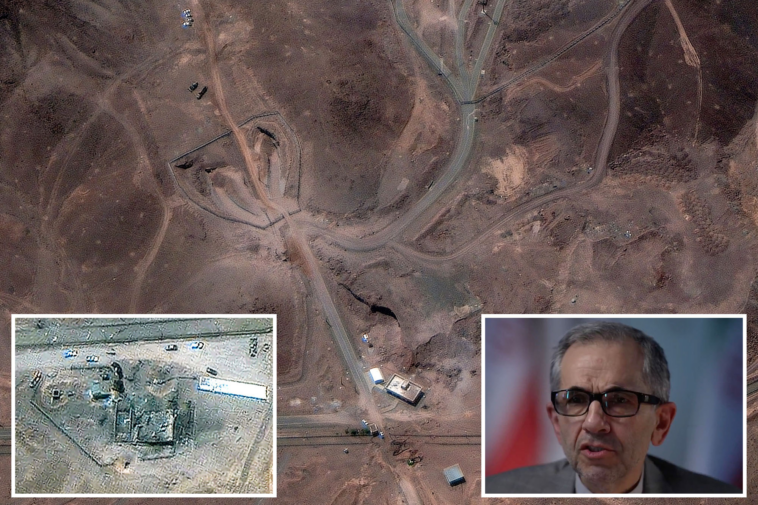Iran will not retaliate against the US over its airstrikes on its nuclear facilities during the 12-day war with Israel, but the Islamic Republic will continue its uranium enrichment program, one of Tehran’s top officials said Thursday.
“As long as there is no act of aggression being perpetrated by the United States against us, we will not respond again,” Deputy Foreign Minister Majid Takht-Ravanchi said in an interview with NBC News.
He added that Tehran has no plans to stop its enrichment process despite the outcome of the war, which left its nuclear facilities devastated and dozens of its top scientists and military commanders killed.
“Our policy has not changed on enrichment,” Takht-Ravanchi said. “Iran has every right to do enrichment within its territory. The only thing that we have to observe is not to go for militarization.”
A fragile cease-fire stands between Iran and Israel following the 12-day war, which saw President Trump approve a major attack on Iran’s nuclear sites, including the fortified Fordow mountain lab, with heavy “bunker buster bombs.”
Takht-Ravanchi acknowledged that the attacks caused “serious damage” to Iran’s nuclear program, with US officials touting that it set back alleged efforts to make a nuke by up to two years.
The deputy foreign minister reiterated Tehran’s claims that it was never going to develop a nuclear weapon, with Takht-Ravanchi expressing dismay that Trump would greenlight the attack despite the fact that his administration had been facilitating talks for a new deal to curb enrichment.
“How can we trust the Americans?” the deputy minister asked, accusing the president of betraying the Islamic Republic.
“We want them to explain as to why they misled us, why they took such an egregious action against our people,” he added.
Following America’s attack on the nuclear facilities, Tehran fired 14 missiles at the Al Udeid Air Base, America’s largest military facility in the Middle East.
Takht-Ravanchi said that Tehran is still open to diplomacy over its uranium enrichment program, but Iran would need assurances from the US that no more military strikes would be conducted in the middle of the talks.
The Tehran official ultimately declined to comment on the location of the missing 880 pounds of enriched uranium that vanished during the 12-day war.
The uranium had been enriched to 60%, nearing the 90% needed to develop an atomic bomb. Its existence was flagged by the United Nations’ International Atomic Energy Agency watchdog group, which Tehran has barred from the country following the conflict.



